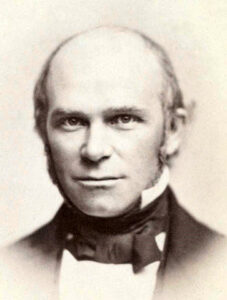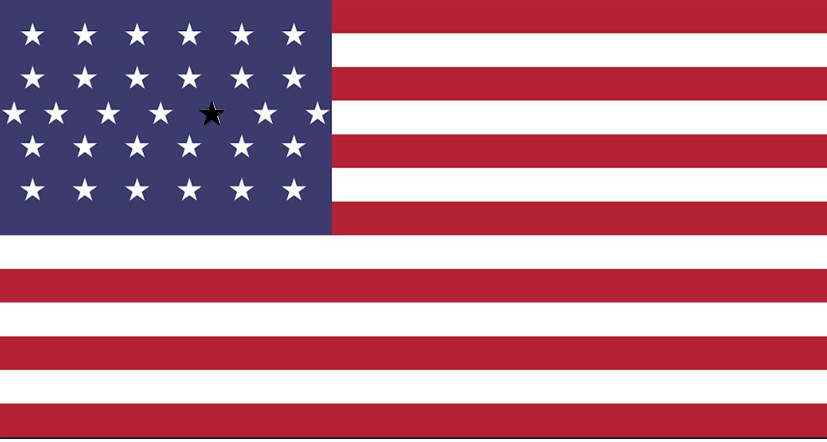Theodore Parker, a prominent Unitarian Minister, speaking at Fanuel Hall, in Boston, Massachusetts argues passionately against complying with the Fugitive Slave Act of 1850:
I may take the juror’s oath to give a verdict according to the law and the testimony. The law is plain, let us suppose and the testimony conclusive. … If I have extinguished my manhood by my juror’s oath, then I shall do my official business and find Greatheart [a hypothetical fugitive slave] guilty, and I shall seem to be a true man; but if I value my manhood, I shall answer after my natural duty to love a man and not hate him, to do him justice, not injustice, to allow him the natural rights he has not alienated, and shall say, “Not guilty.”
[restored 1/10/2025]
Subsequent Events:
Authority:
Article I of Amendment
ccc-2point0.com/constitution-for-the-united-states
References:
“Law and Justice,” Howard Zinn, Zinn Reader: Writings on Disobedience and Democracy, (New York: Seven Stories Press, 1997), 367, 397.
The trial of Theodore Parker: for the “misdemeanor” of a speech in Faneuil Hall against kidnapping, before the Circuit Court of the United States, at Boston, April 3, 1855
www.amazon.com/trial-Theodore-Parker-misdemeanor-kidnapping/dp/B016VNXZ2O


